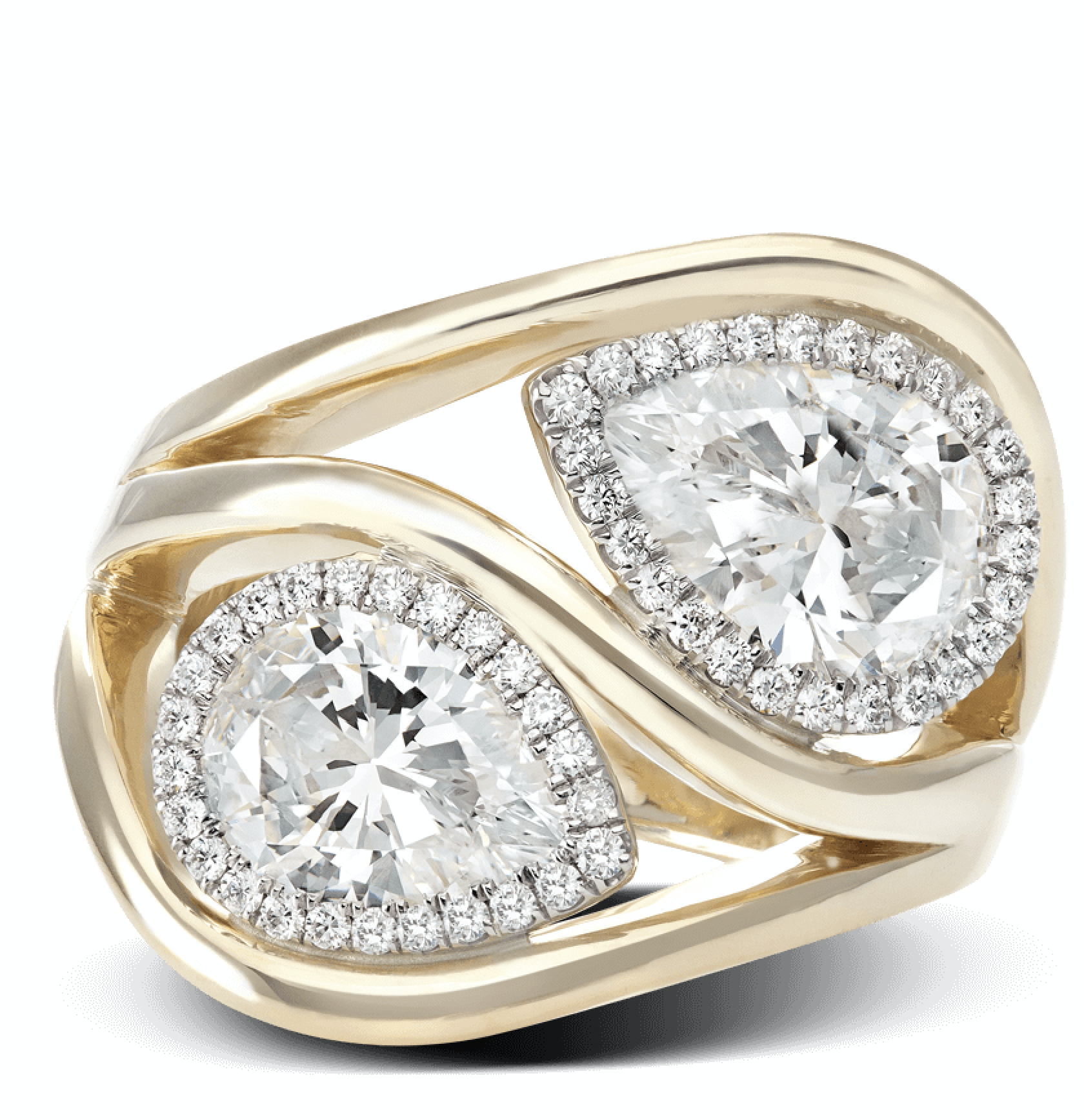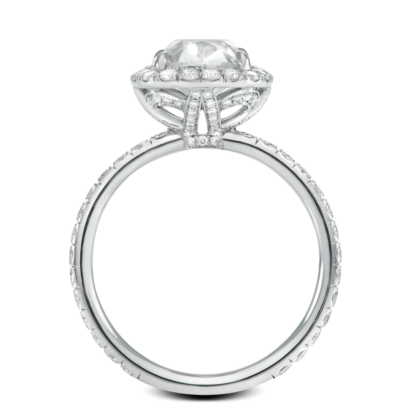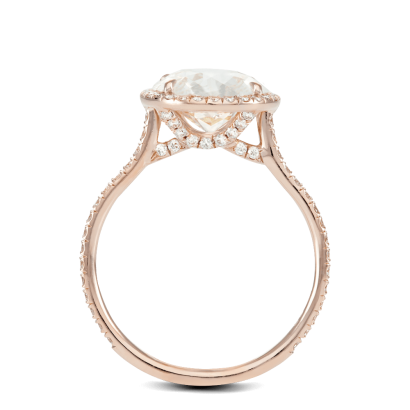
Platinum or Gold? Which to choose
Platinum
At Steven Kirsch, we believe platinum is the finest quality metal you can use to create your custom piece of jewelry! When you wear a platinum ring, you know there is no comparison to its noble weight.
In addition, platinum is 30 times more rare than gold and typically stamped “950.” This represents a platinum content of 950 parts per thousand, the standard ratio for a piece of jewelry to be hallmarked “platinum.” Although platinum is known as a “pure” metal, it is typically alloyed with 5% ruthenium in order to make it strong enough for jewelry use. Platinum may also be alloyed with iridium, cobalt, or copper; however, it is not advisable to use 10% iridium alloy when making a piece of jewelry, since that is considered poor quality. Steven Kirsch bench jewelers use only platinum in the form of grain, rolled stock, wire or plat.

18K Gold
Colored gold is growing in popularity and can be alloyed to make shades of white, pink, green, blue, etc. All pure gold is yellow in color, but color variations occur when the gold is alloyed with other metals. For example, white gold is often created by mixing yellow gold with a white metal such as nickel or palladium.
However, we at Steven Kirsch only use white gold alloyed with palladium due to the graining/flaking effect that can result from mixing with nickel. Rose gold is alloyed with copper, and requires less silver content. Conversely, green gold is made by favoring silver content over copper.

White Gold
Can cause allergic reaction/rash due to alloy with other metals: only 75% (18K) or 58% (14K) pure. Since all gold is really yellow, it must be first alloyed with a white metal and then “rhodium” plated* to achieve a bright white finish.
Benefits of Using Platinum over White Gold
Platinum is hypoallergenic due to 95% purity. Platinum is a durable, dense metal, that wears away more slowly; especially critical in protecting valuable stones, it results in jewelry that will last a lifetime. Platinum is more easily maintained, will not tarnish or oxidize, and only needs polishing when desired; coatings or plating will not adhere to the metal and should not be applied.
View our gallery to see our past work

Comments are closed.